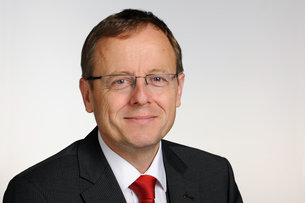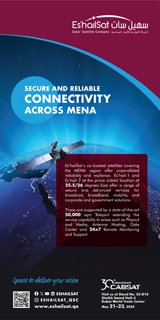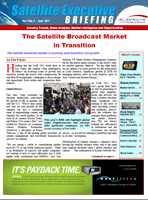Johann-Dietrich Wörner to be Director General of ESA
Paris, France, December 18, 2014--The Council of the European Space Agency(ESA) announced today the appointment of Johann-Dietrich Wörner as the next Director General of ESA, for a period of four years starting on 1 July 2015. He will succeed Jean-Jacques Dordain, whose term of office ends on June 30,2015. Woerner is currently Chairman of the Executive Board of DLR, the German Aerospace Center.
 |
| Johann-Dietrich Wörner |
Wörner has been Chairman of the DLR since March 2007.
Wörner studied civil engineering at the Technische Universität Berlin and the Technische Hochschule Darmstadt, from where he graduated in 1985. In 1982, as part of his studies, he spent two years in Japan, investigating earthquake safety.
Until 1990 Wörner worked for the consulting civil engineers König und Heunisch. In 1990 he returned to Darmstadt University, where he was appointed to a professorship in Civil Engineering and took over as Head of the Testing and Research Institute. Before being elected President of the Technische Universität Darmstadt in 1995, he held the position of Dean of the Civil Engineering Faculty.
ESA is an intergovernmental organisation, created in 1975, with the mission to shape the development of Europe’s space capability and ensure that investment in space delivers benefits to the citizens of Europe and the world.
ESA has 20 Member States: Austria, Belgium, the Czech Republic, Denmark, Finland, France, Germany, Greece, Ireland, Italy, Luxembourg, the Netherlands, Norway, Poland, Portugal, Romania, Spain, Sweden, Switzerland and the United Kingdom, of whom 18 are Member States of the EU. Two other Member States of the EU, Hungary and Estonia, are likely soon to become new ESA Member States.
ESA has Cooperation Agreements with six other Member States of the EU. Canada takes part in some ESA programmes under a Cooperation Agreement. ESA is also working with the EU on implementing the Galileo and Copernicus programs.
By coordinating the financial and intellectual resources of its members, ESA can undertake programs and activities far beyond the scope of any single European country.





